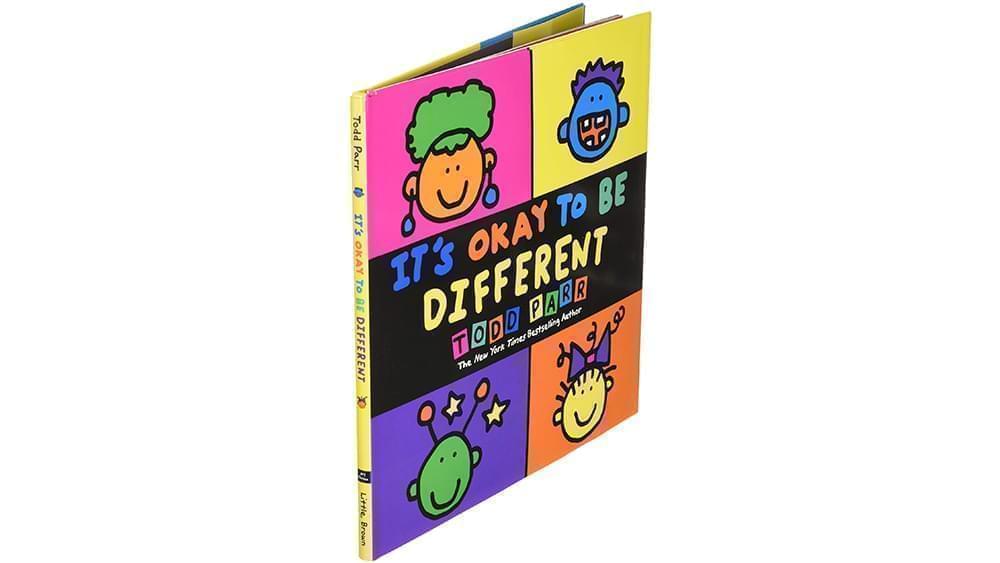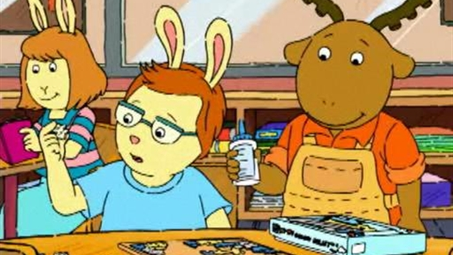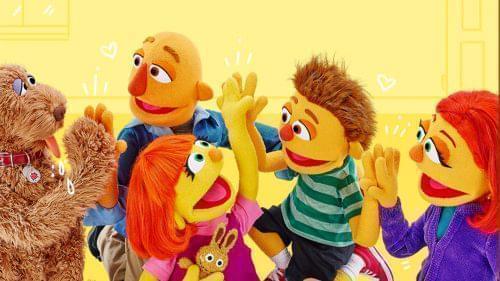Today's Lesson: Ability Status
One identity that is often left out of the social justice conversation—and sometimes within the social justice movements themselves—are those with varying degrees of mental, emotional, and physical abilities. This is known as ableism. Ableism is the discrimination of and social prejudice against people with perceived “disabilities” based on the belief that typical abilities are superior. These conversations can be complex, and often we don’t know where to begin; but we believe by beginning with our littlest ones, we can have the most long-term impact, both individually and as a society. The resources below are meant to help find a good jumping off point when it comes to talking to children about the experiences of those with various abilities. Click here to return to the main page.
Learning Levels
Early Childhood Adolescent AdultRead
It’s Okay to Be Different

Children's books are one of the most effective tools to engage with young children on important issues. This bright, colorful book shares a simple message: It’s okay to be different. It’s okay to be who you are. Concepts range from the silly (“It’s okay to be missing a tooth, or two, or three”) to the serious ("It’s okay to talk or need some help”). Targeted to our youngest readers, "It's Okay to be Different" will inspire kids to celebrate their individuality through acceptance of others and self-confidence—and it's never too early to develop a healthy self-esteem.
EXTRA CREDIT: This positive collection of picture books from the Chicago Public Library showcases a wide range of books about ability status and/or feature people with varying special needs.
Watch
When Carl Met George

On this episode of Arthur, a fan favorite from PBS KIDS, George is excited about spending time with his new friend Carl, who seems to know all kind of cool facts about trains and about… well, lots of things! Then George learns that Carl has Asperger's Syndrome—a form of Autism-Spectrum disorder that makes Carl see the world differently than most people and can make social interaction challenging. Can George and Carl remain good friends? Can they even perhaps learn from each other? Watch the full episode here.
EXTRA CREDIT: Daniel Tiger and Miss Elaina meet Prince Wednesday's cousin Chrissie—a girl who uses crutches and leg braces to help her walk—during a playdate at the castle in this special segment from Daniel Tiger's Neighborhood, another fan favorite in the PBS KIDS lineup! As they play "knights," they discover that although Chrissie needs some help walking, they are the same in many ways.
Listen
No Matter What

Meet Julia, an old buddy of Elmo’s and a friend to everyone on Sesame Street. Julia has autism…and she and Elmo share an amazing friendship. As we get to know Julia through this very special storytime read along, we learn one very important thing: When the world around us looks and feels different, it’s important to remember the things that always stay the same, e.g. the love within a family. And that is something that always stays the same at Julia’s house, no matter what!
EXTRA CREDIT: Have you heard the word dyslexia before? It's a term used to describe when people have a hard time learning to read. It's actually very common because reading is a fairly new skill that humans have developed. This episode of Brain's On!—an award-winning science podcast for kids from American Public Media—explores the history of Dyslexia and how it affects children today.

